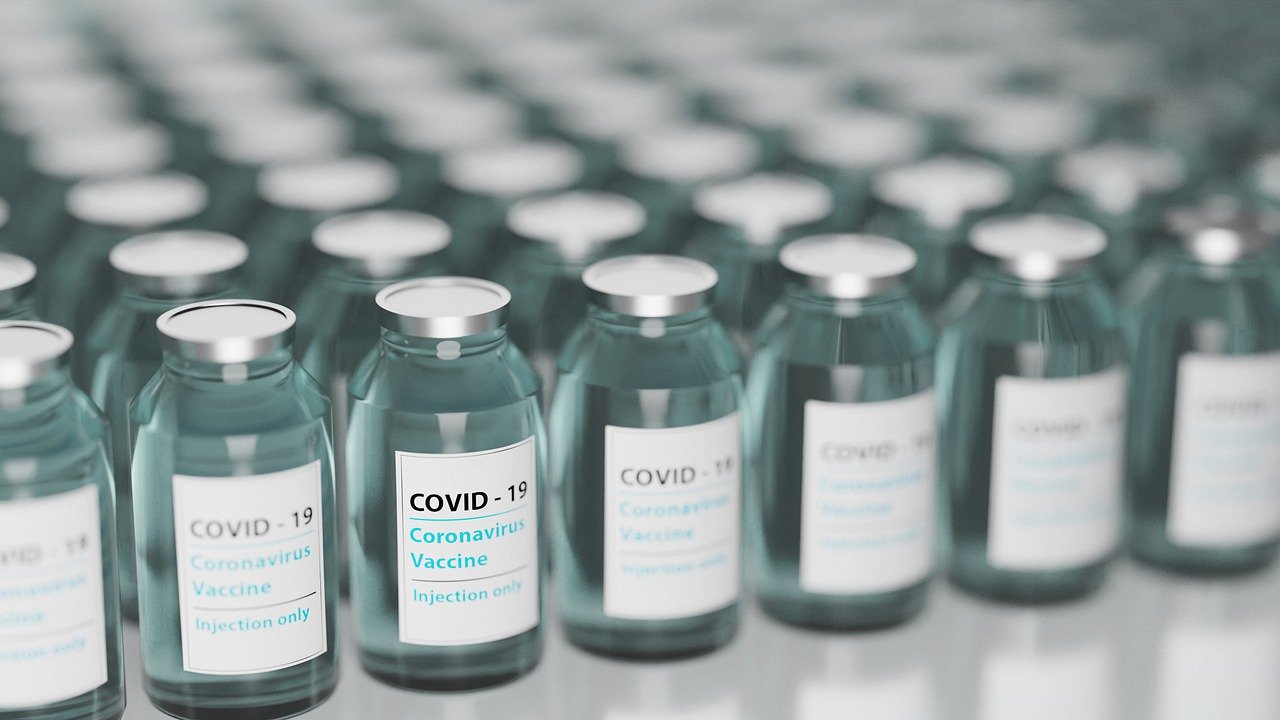After spending one whole year in a deadly pandemic, the news of the vaccine approval sounds like a relief. But the problems related to the novel coronavirus are not over a year because some people are hesitant to try the COVID-19 vaccine because they read a controversial post regarding its scam. Is there really something a COVID-19 vaccine scam? Are companies infecting people by injecting them with a vaccine?
The scammers are taking advantage of this situation and circulating false facts on the COVID-19 vaccine none of which is true. Last month, the U.S. Department of Health and Human Services (HHS) warned the public about potential online scams regarding the upcoming vaccines. After that, the Office of Attorney General (Pennsylvania) released a similar alert notification.
Also read- Turmeric May Help to Treat Acid Reflux At Home
In addition to the conventional scam methods, for the COVID-19 vaccine, the scammers are now using other mediums as well to loot people. Some people have reported receiving calls or messages where someone was trying to get their personal information or money. On the other side, there are hundreds of researchers, organizations, and institutes which are gathering data to study this virus and the after-effects of a pandemic in detail. But how to be sure that a call is not a COVID-19 scam?
The Office of Attorney General (PA) wrote that any call where you are given a chance to get the COVID-19 vaccine on a priority basis, by paying some amount is most likely to be a scam because this vaccine is not commercially available to retailers yet.
There are so many red flags that can help to identify scams. For example, any authorized person of the department can’t call you, ask for your personal details or demand money to sign you up for the vaccine program. People coming to your door, making the same offers, calling themselves a representative of any pharma company are also fake.
There is no amount set for the COVID-19 vaccine and it is free for everyone. No local or federal organization, body, or person (even a government official) can ask you to pay for receiving this vaccine. However, they may charge a little administration fee for delivering the shot but that is much lower as compared to the demands of these hackers. If you suspect fraud, check the local health department website and contact it for authentication of such charges.
Avoid opening and replying to all suspicious emails or phone calls that require adding personal or financial data or access to a device calling it a ‘mandatory procedure’. Even if the call is from the insurance company, it is to remember that insurance companies don’t ask for personal details. If a person is unsure regarding the vaccine program or vaccination safety, it is better to contact the state health care department or the insurance company (if any) and get answers.
Also read- One in three US Adults are Living With the Pandemic Stress
Do not open links sent to you by anyone even family members which tell something like online vaccine registration, or priority-based vaccination sign-up, etc, there are high chances that these are all scams. Opening to these unauthorized links can allow the hacker to access your device, passwords, bank details, and records.
The same applies to social media requests, posts, messages too which say anything about COVID-19 vaccines. Only believe the information coming from government departments, national TV, and research teams. Lastly, don’t share any suspicious messages with your friends or family, subjecting more people to potential fraud.
If a person insists to get your personal information or if you have already fallen for a COVID-19 vaccine scam report it to the Inspector General office online.


